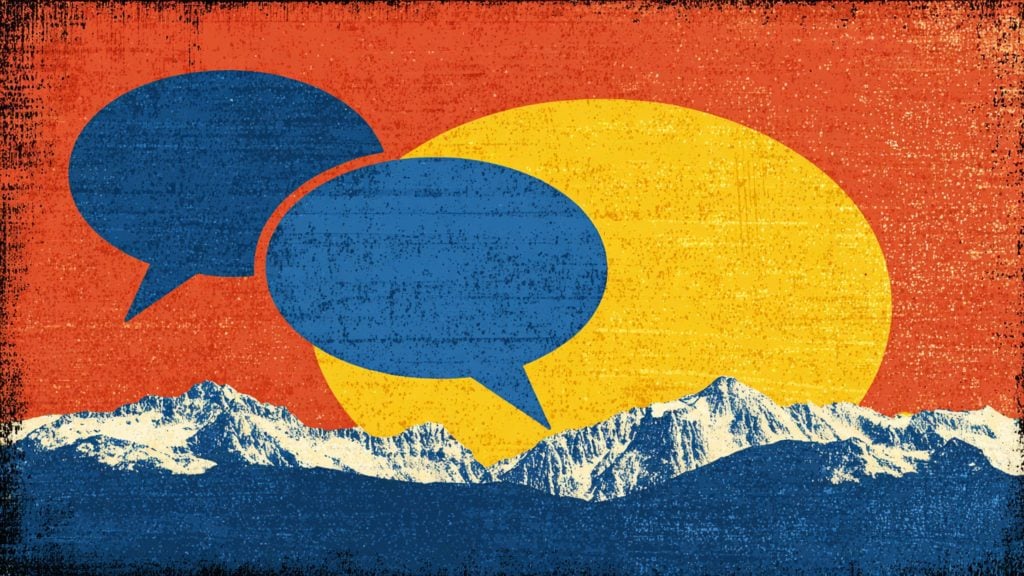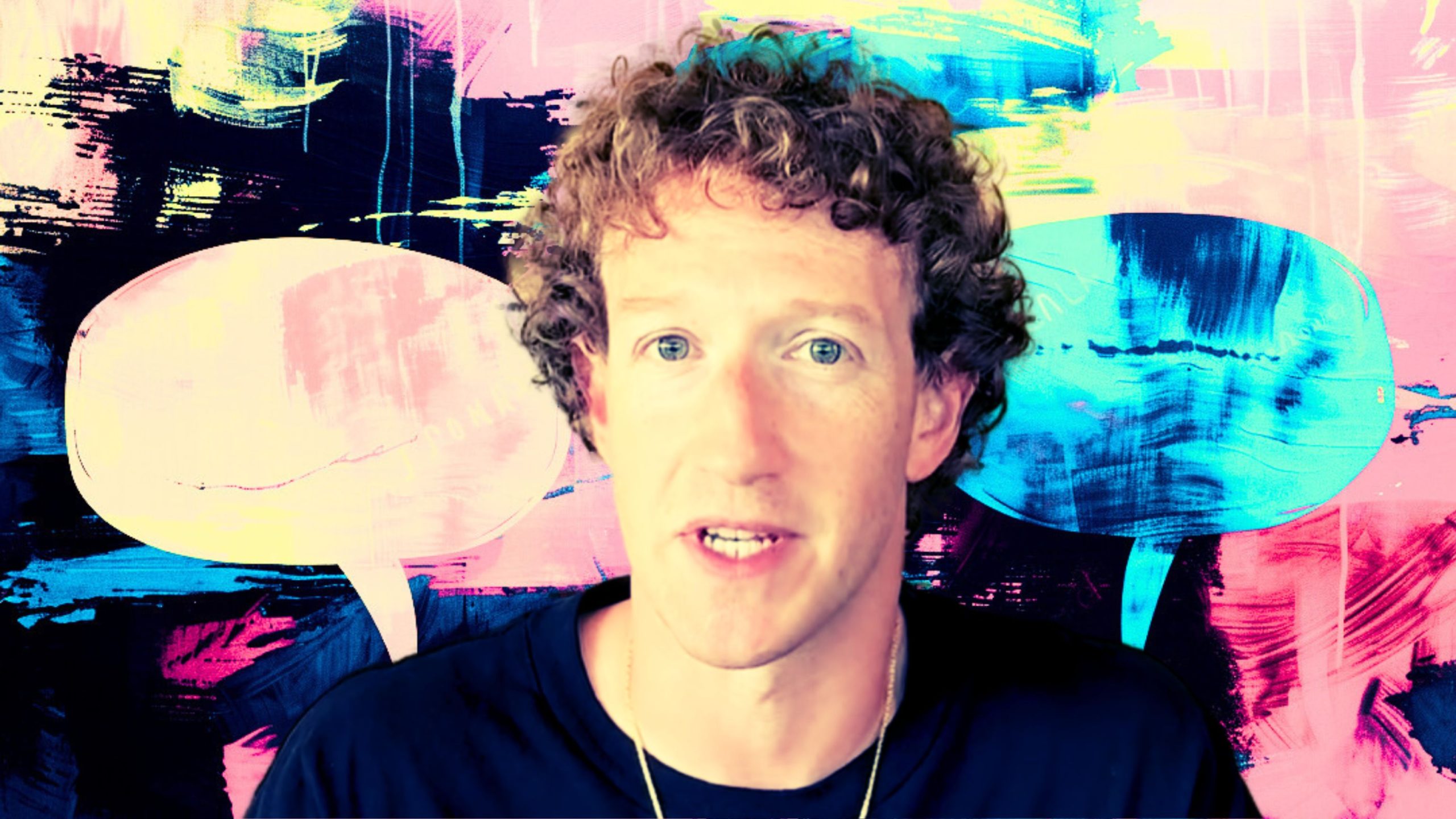
Wyoming Introduces First-Ever Foreign Censorship Shield Bill
By tying legal protection to a Wyoming nexus, the state would invite creators and platforms targeted by the UK, EU, or Australia to anchor themselves in America’s newest free speech haven.
Meta's rebrand leaves much to be desired.

Read More

By tying legal protection to a Wyoming nexus, the state would invite creators and platforms targeted by the UK, EU, or Australia to anchor themselves in America’s newest free speech haven.

Despite promises of privacy, the FTC’s new age verification remedy hinges on tracking users’ behavior across the web.